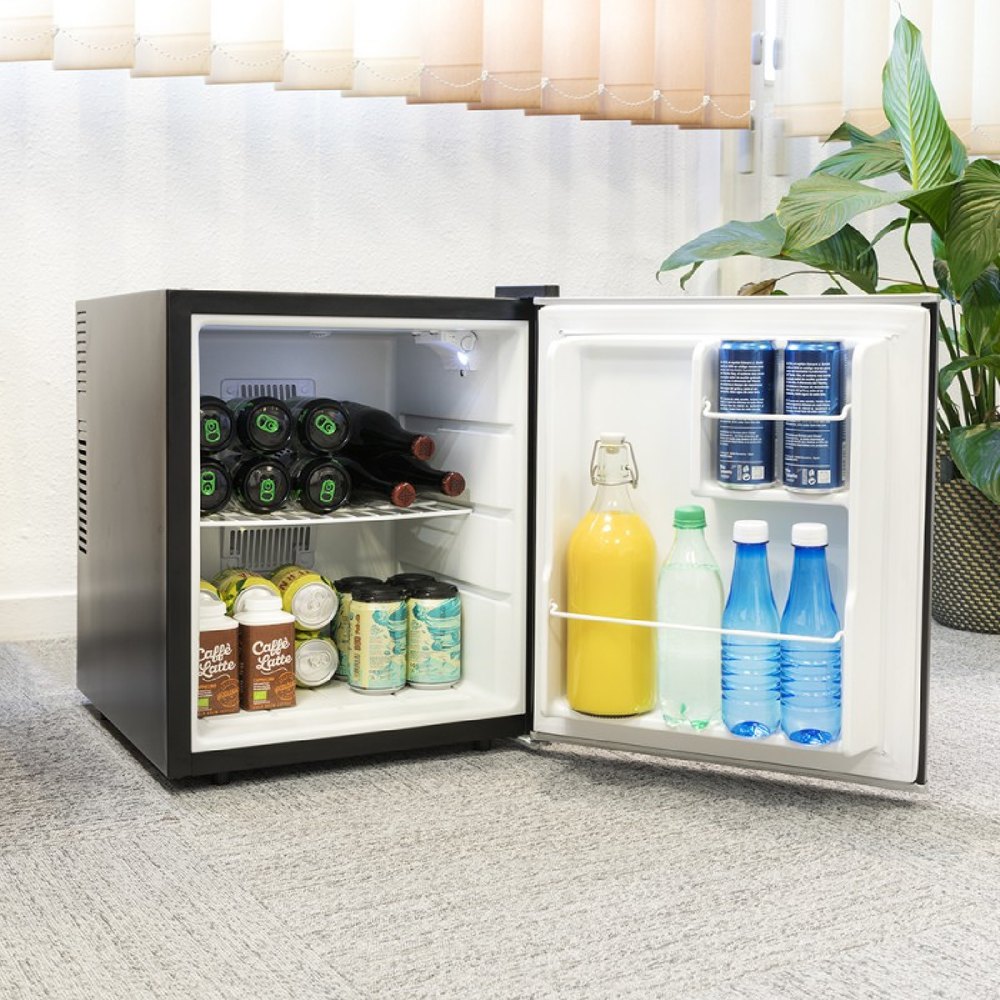Refrigerators are essential appliances in our homes, but choosing the right size can be a daunting task. Full-size and small fridges are two popular options that come with their unique advantages and disadvantages. In this essay, we’ll explore the differences between small and full-size fridges to help you make an informed decision.

Size and Capacity
The most obvious difference between small and full-size fridges is their size and capacity. Full-size fridges range from 18 to 36 cubic feet, while small fridges range from 1.7 to 5 cubic feet. Full-size fridges are suitable for large families or people who require ample storage space for food and beverages. On the other hand, small fridges are perfect for individuals or small families who have limited space or storage needs.
The capacity of a refrigerator is determined by its size, and this affects the amount of food and beverages it can store. Full-size fridges come with various compartments, including a freezer, crisper, and shelves, allowing for the storage of different types of food. Small fridges, on the other hand, have limited space and come with fewer compartments, making it difficult to store a large number of items.
Energy Efficiency
Energy efficiency is an essential factor to consider when choosing a fridge since it affects your electricity bills. Full-size fridges consume more energy than small fridges due to their size and the need to cool a larger space. On the other hand, small fridges are designed to use less energy, making them more efficient. Most small fridges come with an Energy Star rating, indicating that they meet specific energy-saving guidelines set by the US Environmental Protection Agency.
Cost
The cost of a fridge is another significant factor to consider when choosing between small and full-size fridges. Full-size fridges are generally more expensive than small fridges. They come with more features, such as water dispensers, ice makers, and additional compartments, making them more costly to manufacture. Small fridges, on the other hand, have fewer features and fewer compartments, making them more affordable.
Installation
The installation of a fridge is another crucial factor to consider when deciding between small and full-size fridges. Full-size fridges require ample space, usually in the kitchen, and cannot be easily moved once installed. This limits their placement options and makes them less versatile. Small fridges, on the other hand, are easy to install, and their small size makes them perfect for small apartments, dorm rooms, or even outdoor spaces.
Storage and Organization
Storage and organization are critical factors to consider when choosing between small and full-size fridges. Full-size fridges come with various compartments, making it easy to store and organize food and beverages. They also come with shelves that can be adjusted to fit different types of items. On the other hand, small fridges have limited space and fewer compartments, making it challenging to organize items.
Furthermore, full-size fridges come with a separate freezer compartment, allowing for the storage of frozen food and ice. Small fridges, on the other hand, have a small freezer compartment that can only store a limited amount of frozen food.
Maintenance
The maintenance of a fridge is another essential factor to consider when choosing between small and full-size fridges. Full-size fridges require more maintenance than small fridges due to their size and complexity. They usually come with a water dispenser, ice maker, and other features that require regular maintenance. In contrast, small fridges have fewer features, making them easier to maintain.
Conclusion
Choosing between small and full-size fridges depends on your specific needs and preferences. Full-size fridges are ideal for large families or people who require ample storage space for food and beverages. They come with various features and compartments, making it easy to store and organize items. However, they are more expensive, consume more energy, and require more maintenance.
Small fridges, on the other hand, are perfect for individuals or small families who have limited space or storage needs. They are energy-efficient, easy to install, and require less maintenance. However, they have limited space and fewer compartments, making it challenging to store and organize items.
Ultimately, the decision between small and full-size fridges comes down to your specific requirements and budget. Consider the above factors when making a decision, and choose a fridge that meets your needs and fits your space.